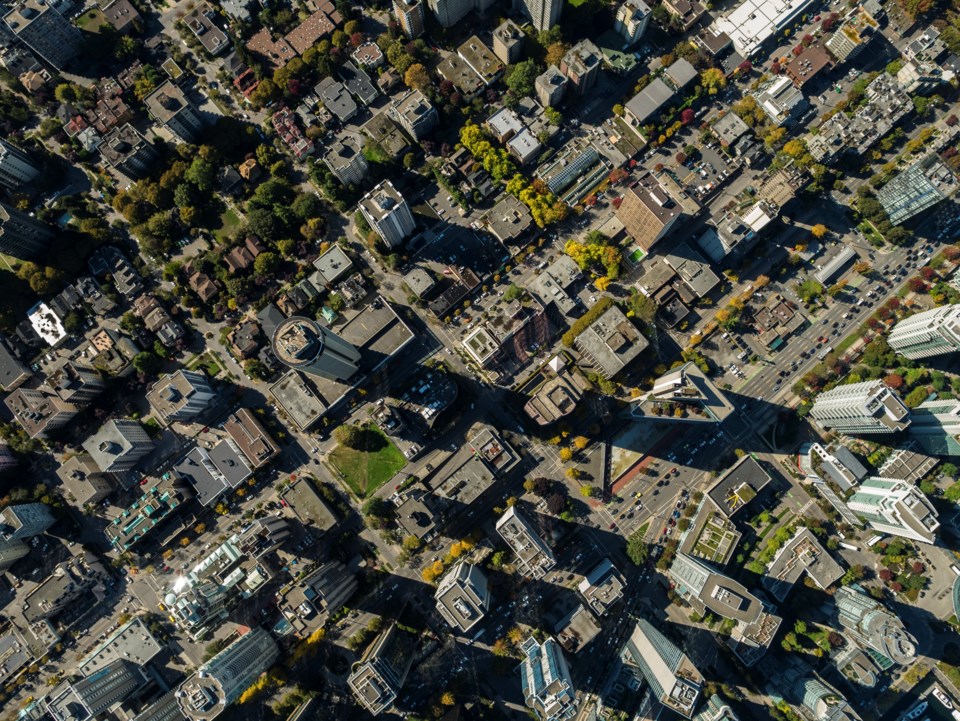The search for Russian oligarchs in B.C. could be much swifter should the provincial government enact more robust measures for corporate transparency, says the executive director of Transparency International Canada.
B.C. has taken the lead among Canadian provinces by creating a public registry for beneficial ownership of residential properties, James Cohen told Glacier Media.
But the province has still left barriers in place for the public, including journalists and non-government organizations, he said.
The transparency advocate noted B.C. does not have a public registry for corporate beneficial ownership. The province only requires companies to maintain a record of beneficial ownership that can be obtained by officials.
Beneficial owners are those who ultimately control an asset, which can commonly be held in another entity, such as a trust or numbered company — known as a nominee. This poses barriers to financial crime investigations.
The Ministry of Finance said earlier this month it had conducted its own search for sanctioned Russian oligarchs following the invasion of Ukraine.
“With a preliminary analysis, there was no clear indication of property owned by those named on the federal sanctions list. Federal investigation bodies have more tools and access to a broader array of information than is available at a provincial level,” stated a ministry spokesperson.
There is, however, consultation taking place to create a registry for corporate beneficial ownership. A date for when it will be up and running has not been given. The Canadian government has committed to creating a national registry in 2025 that could be harmonized with any provincial ones.
As it stands, the B.C. public is only privy to the existing online service that shows directors of companies. That service — BC OnLine — does not allow for a reverse search of individuals.
“The fact that you can't even search directors, let alone beneficial ownership information, which is what we're calling for, that's a huge issue,” said Cohen.
Meanwhile, to search B.C.'s Land Owner Transparency Registry (LOTR), users will have to pay a $5 fee. Critics say the fee puts a chilling effect on public searches.
“It might sound like it's common sense that even $5 for a search is OK. But in reality, that deters civil society, and even journalists from looking... You add up a few searches, and then that becomes costly,” said Cohen.
The land registry has been delayed by one year to provide existing reporting bodies (trusts, numbered companies and partnerships) that own land to better familiarize themselves with the new system.
And while the LOTR will shed at least some light on beneficial ownership of B.C. corporations, it will only apply to those who own residential property.
Another problem with the land registry is a lack of proactive enforcement, said Cohen.
“One thing B.C. has got is the land ownership registry, that no one else in Canada has even though there’s legislation for it in Ontario that's just sitting around. But there's gaps in the B.C. registry as well, especially the pay the $5 paywall, and lack of data verification and proactive review by the registrar,” said Cohen.
Without a rigorous verification and enforcement process, Cohen said the B.C. registry risks falling into the same problems as the one recently established in the United Kingdom.
“They had the publicly accessible registry that at first deterred people from concealing their dirty money in the U.K. But when people started to realize that it had all these data problems — they at least didn't have the paywall — everyone caught wind, and just started re-registering companies in the U.K.,” explained Cohen.
In response to criticism of the registry's initial rollout, a Ministry of Finance spokesperson said the fees align with existing land title searches.
“Access to information in the Land Owner Transparency Registry and the Corporate Registry strike a balance between public transparency and the protection of private information. Importantly, law enforcement, such as the RCMP, have full access to both registries and their information,” said the ministry.
Such public registries, if implemented rigorously, are key to anti-money laundering regimes, notes Cohen.
"I think the Russian invasion of Ukraine has kind of woken up the West of the fact that, you know, the amount of dirty money going around in the world and the systems of global illicit financial flows is something we've kind of been going easy on for a long time. We should have been making a lot of these changes a decade ago," said Cohen.
The Land Owner Transparency Act, which oversees the registry, also does not include commercial and industrial lands nor land under Indigenous title.
Cohen said a registry for commercial property is also needed.
“It's definitely equally a vulnerability. The reason why we've been focusing, I think most Canadians focus so much on [residential] real estate, is the impact on housing prices that dirty money flows have,” said Cohen.
According to expert testimony at the Commission of Inquiry into Money Laundering in B.C., there should be no public fees for such registries.
Cohen said he expects the commission to provide guidance to the government on best practices.
The ministry also said as much: “The government is waiting to receive the Cullen Commission’s final report before making a decision on the potential for a public registry of beneficial ownership for all private B.C. companies.”

.jpg;w=120;h=80;mode=crop)

